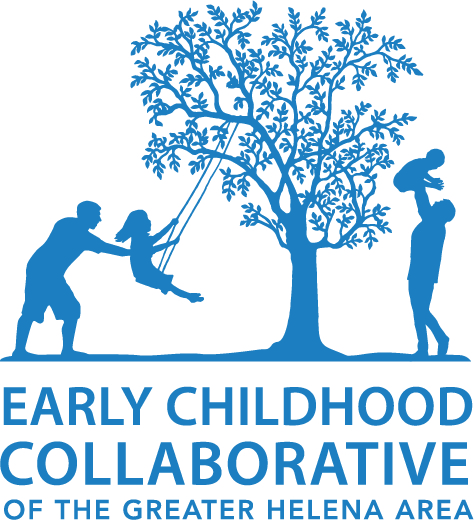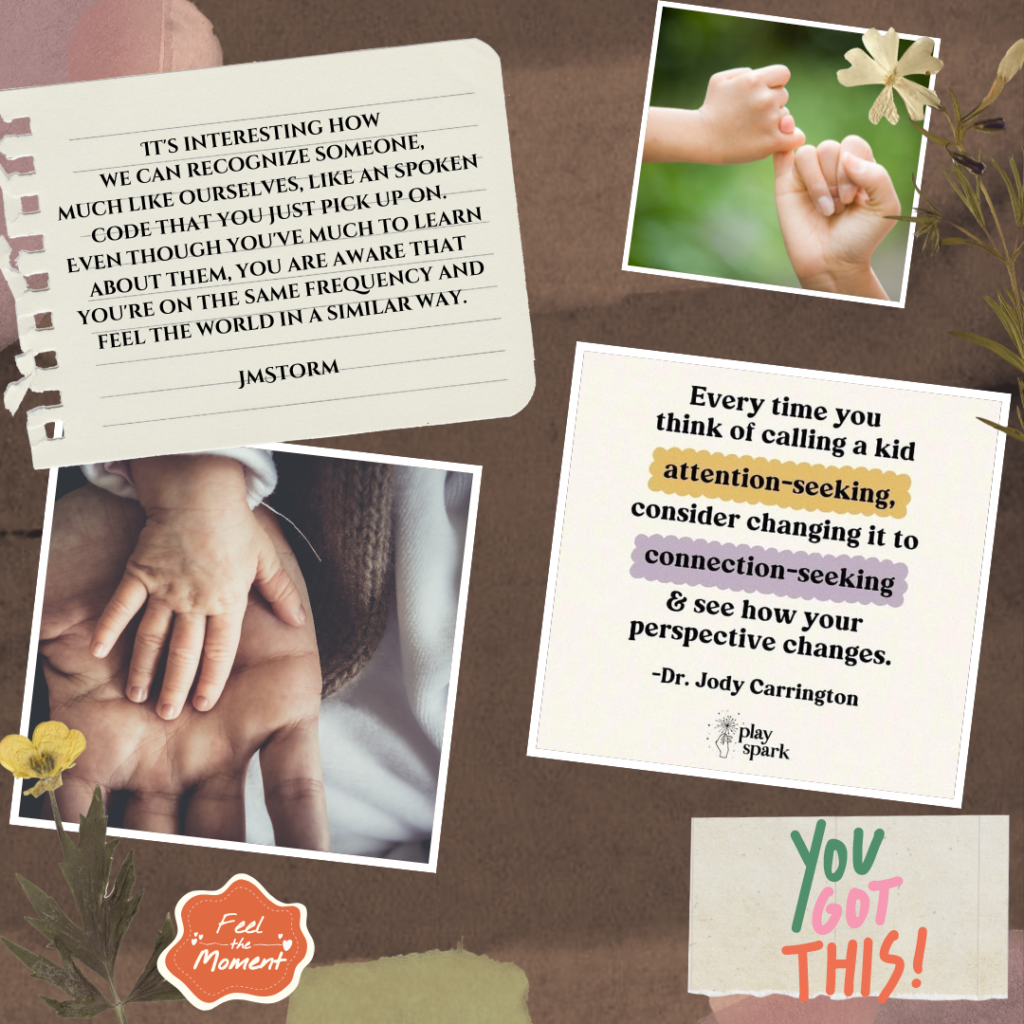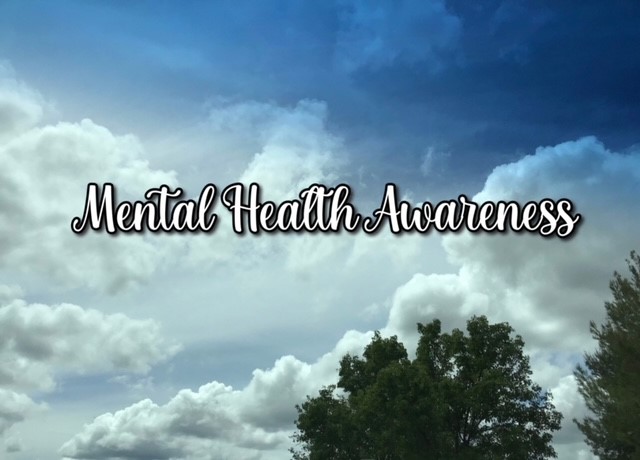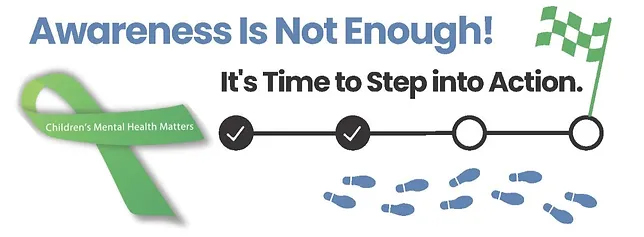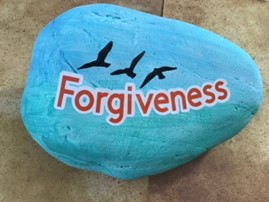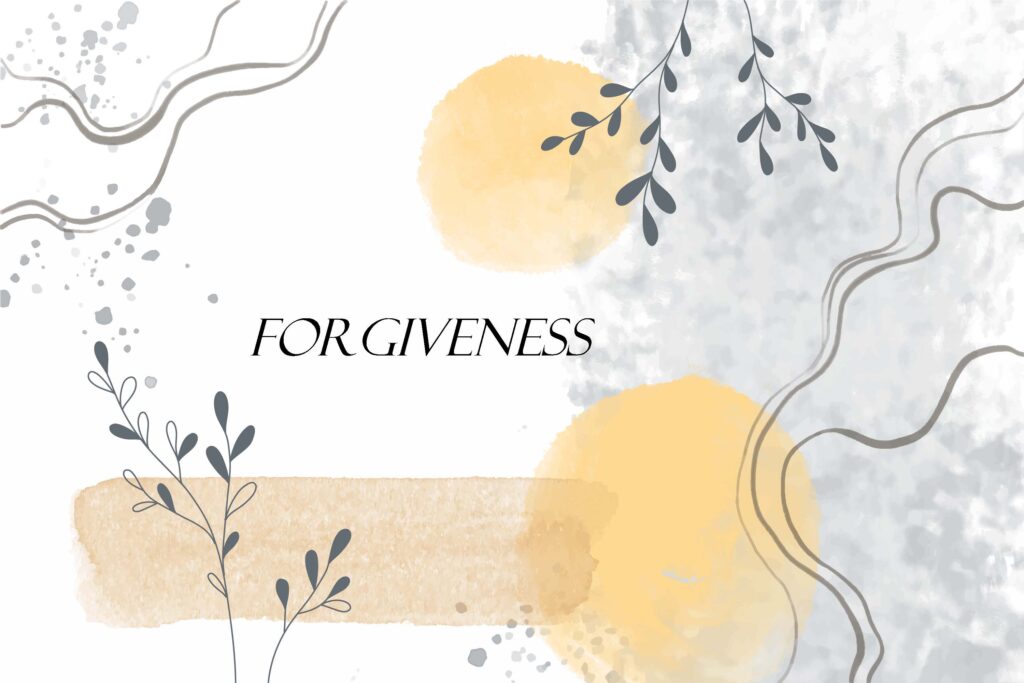Week of the Young Child
Week of the Young Child is a nationally recognized week to celebrate young children and those who care for them. The goal is to raise awareness of the importance of early childhood and the impact the early years have on future development. Montana has many people working on strengthening the early childhood network in our state.


